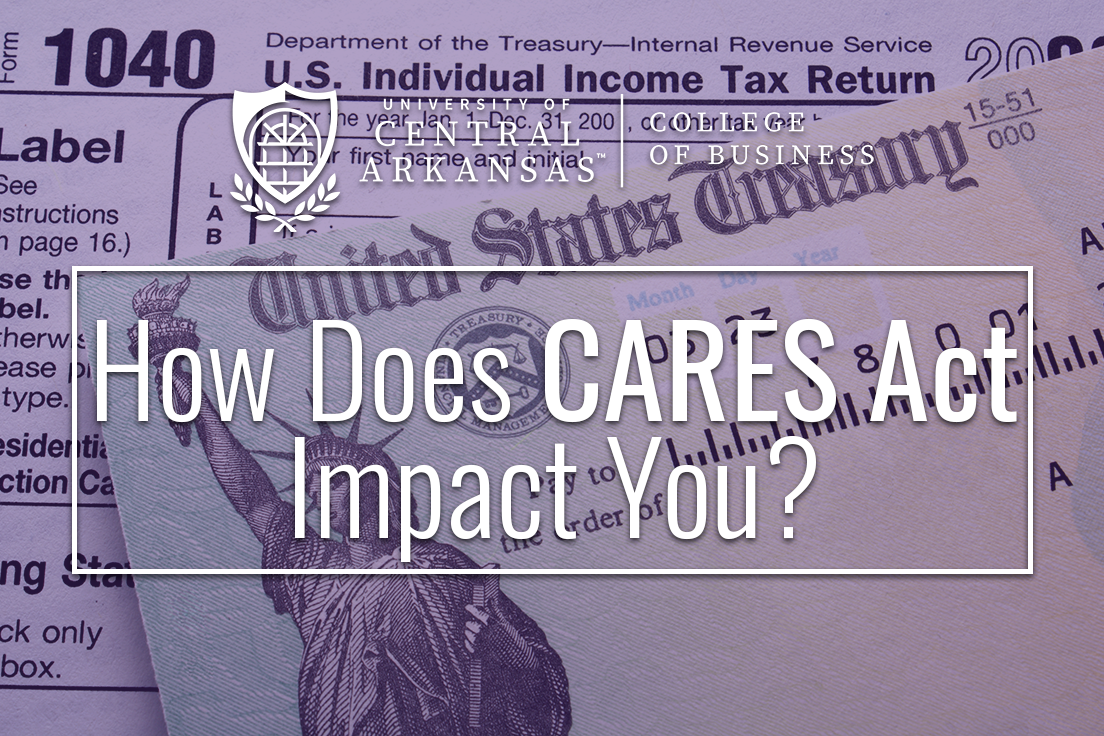Attaining her master’s in business administration was going to be a daunting task, but Ericka Gutierrez was up for it.
Most days began around 5 a.m. for her. She finished up tasks and assignments she hadn’t the night before at the library, prepared for another day and saw her 5-year-old daughter, Aryana, off to school. She was at her desk by 8 a.m., working as outreach coordinator for the UCA Office of Diversity & Community.
From there, she either worked several hours at her part-time job or attended night class. That was followed by a few hours in the library each night to work on assignments. Then, she tried to get a few hours of sleep before the next day began.
“It’s difficult to be in school at the post-graduate level and have all those moving parts,” said Gutierrez. “But I never doubted that no matter what happened, I could reach out to my professors and they would support me. I knew from my undergraduate in the College of Business I could take all this on and have the support I needed.”
Gutierrez first came to UCA in 2012 as a transfer student from the University of Arkansas Community College at Morrilton.
MORE: Transferring from UACCM? Check UCA’s 2+2 Transfer Agreements
“I was a first-generation college student in my family so I needed a little extra help in navigating through college, finding my bearings and navigating the next steps,” said Gutierrez. “My professors were the best throughout that process and impacted me tremendously.”
After she settled on a management degree with an emphasis in logistics and supply chain management, Gutierrez said Scott Nadler, Ph.D., associate professor of management, walked her through her first career fair, introducing her to his contacts in the industry.
“That first career fair can be intimidating,” she said. “There are a lot of people and recruiters, and it’s hard to know what to say and how to present yourself. Dr. Nadler diffused the tension and helped me through it.”
That type of support and encouragement continued throughout her undergraduate with other professors including Doug Voss, Ph.D., associate professor of logistics and supply chain management, and Michael B. Hargis, Ph.D., dean of the UCA College of Business and then-associate professor of marketing and management.
LEARN MORE: Logistics & Supply Chain Management
“It was unheard of to have that type of support,” said Gutierrez. “I felt at home with a group of professors who were willing to walk with me through my education. It was great to have that type of support from people I looked up to.”
When she graduated in 2014, Gutierrez had various opportunities in logistics and supply chain, but the pull to work at UCA was too strong to ignore. She accepted a position as an admissions counselor and began recruiting throughout central and northwest Arkansas.
“I loved UCA, and the position sounded great,” said Gutierrez. “The more I learned about it, the more I knew that was where I needed to be. As a Hispanic woman and first-generation college student, it was incredible to connect with so many students who were like me and reassure them they could achieve the educational goals they had and have the support at UCA to do so.”
Her previous experiences in the college, along with an opportunity she saw to grow personally and in her career, Gutierrez returned to the College of Business in 2016 to pursue an MBA.
“I wanted to continue to learn about myself and see what area of business I wanted to enter eventually,” said Gutierrez. “It was an amazing experience.”
Gutierrez immediately saw the benefits of the program. Concepts in Organizational Behavior helped Gutierrez better address and counsel students in a new position as coordinator for Hispanic and Latino outreach initiatives in the Office of Diversity & Community. Now, Gutierrez is a recruiter at Pediatrics Plus, and the things she learned continue to be beneficial.
Her Innovation Leadership course with Jeff Standridge, Ph.D., adjunct instructor of finance and member of the College of Business Advisory Board, “changed my perspective in my personal life, motherhood and in my career,” said Gutierrez.
“It’s a do-and-learn class,” said Gutierrez. “It’s about implementing new products or ideas in effective ways. It presents a process you can follow and implement whatever you’re doing, get feedback, adjust and reapply. It’s something I’ve been able to apply in my career and it’s been rewarding to see how it’s helped.”
LEARN MORE: Master of Business Administration
While many of the days were long, Gutierrez said smaller class sizes, paired with helpful professors and hybrid courses helped her tremendously.
“I was able to take face-to-face classes when I felt I needed to do that, but I had the flexibility to take online classes, too,” she said. “Having that option was amazing and makes it possible to achieve.”
Ultimately, her time in the MBA program was transformational for Gutierrez.
“I took a lot of self-development and growth out of that program,” she said. “I was able to explore my strengths and weaknesses which is invaluable. Whether it is personally, academically or professionally, if you’re able to see your strengths and weaknesses, you can be strategic in those areas.”




